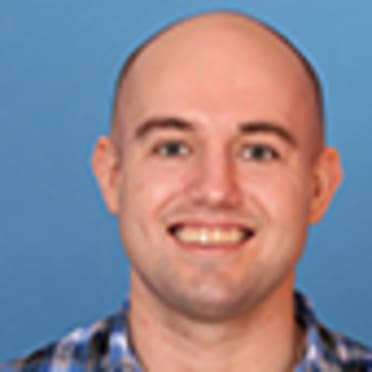Neander wants Rays to stay motivated in uncertain times
This story was excerpted from Adam Berry’s Rays Beat newsletter. To read the full newsletter, click here. And subscribe to get it regularly in your inbox.
DALLAS -- It's hard to ignore the tremendous amount of uncertainty facing the Rays this offseason.
The Rays will spend the 2025 season at Steinbrenner Field, the Yankees’ Minor League ballpark in Tampa with a capacity of around 11,000 and potentially problematic weather that already prompted Major League Baseball to adjust a couple of series on their schedule. They’ll have to convert the facility from the Yanks’ Spring Training home to the Rays’ regular-season home so quickly that they pushed their Opening Day game back a day to provide extra time for those preparations.
But that seems almost idyllic compared to the ambiguity regarding what will come after that. With repairs to Tropicana Field pushed back by the St. Petersburg City Council, it’s not yet clear where the Rays will play in 2026. And the future of their planned ballpark in a redeveloped Historic Gas Plant District is unclear; the city council approved its share of the funding last Thursday, but the Pinellas County Commission has twice delayed a vote on bonds to fund the county’s portion of the $1.3 billion ballpark, with another vote scheduled for Dec. 17.
How are the Rays, from the front office to the players on the field, supposed to handle that uncertainty as they try to bounce back from a disappointing 80-win season? Lean into it, president of baseball operations Erik Neander said.
“Motivation is a great unifier,” Neander said on Monday, Day 1 of the Winter Meetings. “We have an assortment of players -- either young, ascending players or players coming off of disappointing seasons -- that want to do better. We have more established players, [like Yandy Díaz and Brandon Lowe] that had fine seasons but haven’t been used to not making the playoffs. You’ve got to make sure there’s a very motivated group that share a common goal, which is being more successful than we were last year.”
Neander said the Rays will try to keep their focus on the positive aspects of their unusual circumstances: playing outdoor baseball in the Tampa Bay area after 27 seasons under the Trop’s domed roof, finding a complex with an excellent clubhouse and Major League-caliber facilities and landing in an environment that should be friendlier to hitters, especially lefties like Brandon Lowe and Josh Lowe.
“I think you’ve just got to pull out every bit of good, find every benefit and opportunity you can in your circumstances,” Neander said. “Our group has historically been good at that. Need to make sure this one is special in that regard, and I think we’re on our way to that.”
Trying to build a competitive team is difficult enough under normal circumstances, especially for a team with payroll constraints like the Rays. And now they have to add all this to the equation?
“As far as the competitiveness of our group, we’re going about our business [and] making decisions about our roster that are very similar to what would have been our plans had we not had the unfortunate local experience with the storms here,” Neander said.
Neander said the Rays haven’t heard a lot of negative feedback in their early offseason work. If anything, he said, the industry has responded with a lot of outreach, care and concern following the back-to-back hurricanes that caused so much damage along Florida’s Gulf Coast and beyond.
Next year’s setup didn’t stop the Rays from agreeing to sign free-agent catcher Danny Jansen, who reportedly turned down multiyear offers elsewhere to rebuild his value with Tampa Bay. The Rays can still sell their strong suits, no matter where they’re playing.
“We have great staff. We have great resources. We have a long history of getting the most out of players, and the players deserve the credit for that, first and foremost,” Neander said. “But those things can happen here, and it’s on us to make sure they happen. We need to put all of our energy into productive directions and not waste it on feeling sorry for ourselves about anything.”
Granted, there are still questions the Rays can’t answer. They’re likely not in the market to sign free agents to multiyear deals this winter anyway, as they have a young roster with plenty of pitching and a class of position-player prospects arriving soon, but doing so would be a significant challenge since they can’t say with any certainty where they’ll play after next season.
All the more reason, Neander said, to focus on what’s in front of them for 2025.
“We only have so much energy we can put in, and we’re coming off of 80 wins. We better not look too far into the future if we want to fix that and make it better. So, very much keeping our focus on the present,” he said. “In a sense, it’s like, just leaning that much more into 2025 and trying to galvanize this group by, ‘This is what we know. This is what we have to make the most of. There’s no energy going anywhere else.’”

